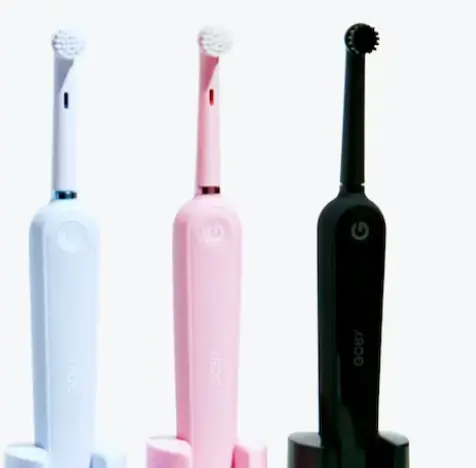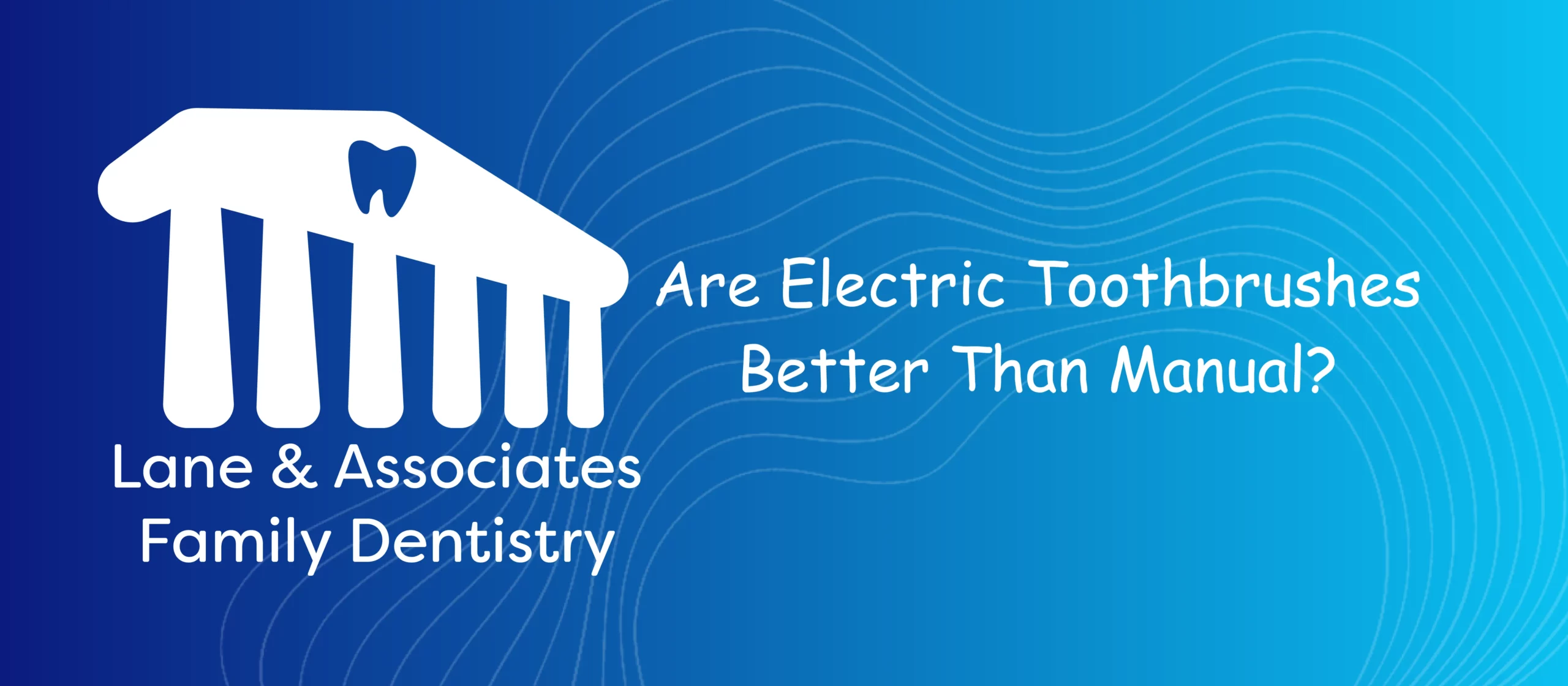Electric toothbrushes have gained popularity for several reasons, making them a preferred choice over manual toothbrushes. One significant advantage is their ability to provide a more consistent brushing experience. Electric toothbrushes are designed with rotating or oscillating brush heads that ensure a uniform brushing motion, reducing the chances of uneven pressure or missed spots. This can lead to a more thorough clean, removing plaque and preventing tartar buildup more effectively than manual brushing. Additionally, many electric toothbrushes come with features such as pressure sensors that alert users when they’re applying too much force, preventing potential damage to the gums and enamel.
Another advantage of electric toothbrushes is their convenience and ease of use. With their automated brushing action, electric toothbrushes require less physical effort compared to manual toothbrushes. This can be particularly beneficial for individuals with limited dexterity, such as the elderly or those with conditions like arthritis. Furthermore, many electric toothbrushes offer different brushing modes, such as sensitive or gum care modes, allowing users to customize their brushing experience based on their specific oral health needs.

Why Do My Teeth Hurt After Using an Electric Toothbrush?
If your teeth hurt after using an electric toothbrush, there could be several reasons for this discomfort. One possibility is that you may be applying too much pressure while brushing. Electric toothbrushes are designed to do the work for you, so pressing too hard can cause unnecessary strain on your teeth and gums, leading to sensitivity or discomfort. It’s important to let the bristles gently glide over your teeth without exerting excessive force. Another reason for tooth sensitivity after using an electric toothbrush could be the use of a brush head that is too abrasive for your teeth and gums. It’s recommended to choose a brush head with soft bristles to avoid irritation and potential damage to the enamel. If the problem persists or becomes severe, it’s advisable to consult your dentist for a thorough evaluation and personalized recommendations.
Do You Need to Floss if You Use an Electric Toothbrush?
Yes, it is still necessary to floss even if you use an electric toothbrush. Here are a few key points to consider:
- Electric toothbrushes are effective in cleaning the surfaces of your teeth, but they may not reach the tight spaces between teeth where plaque and food particles can accumulate.
- Flossing helps remove plaque and debris from between teeth and along the gum line, preventing gum disease and cavities.
- While an electric toothbrush can enhance your oral hygiene routine, it should be supplemented with daily flossing for comprehensive dental care.
- Using both an electric toothbrush and flossing provides a more thorough cleaning, ensuring that you reach all areas of your mouth for optimal oral health.
How Long do Electric Toothbrushes Last?
The lifespan of electric toothbrushes can vary depending on factors such as usage frequency, maintenance, and the specific model. On average, electric toothbrushes tend to last between 3 to 5 years. However, some high-quality models may last even longer with proper care. It’s essential to follow the manufacturer’s instructions for maintenance, such as replacing brush heads regularly and keeping the device clean and dry. If you notice a decline in performance, such as decreased battery life or weakened brush movements, it may be an indication that it’s time to replace your electric toothbrush for optimal cleaning effectiveness.
Conclusion
In conclusion, electric toothbrushes offer several advantages over manual toothbrushes, including more thorough cleaning and convenience for certain individuals. However, proper brushing technique and consistency are crucial for maintaining good oral health, regardless of the type of toothbrush used. Ultimately, the choice between electric and manual toothbrushes depends on personal preference, oral health needs, and budget considerations.


